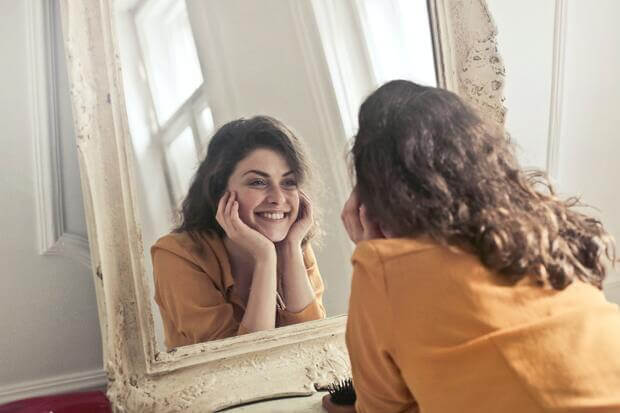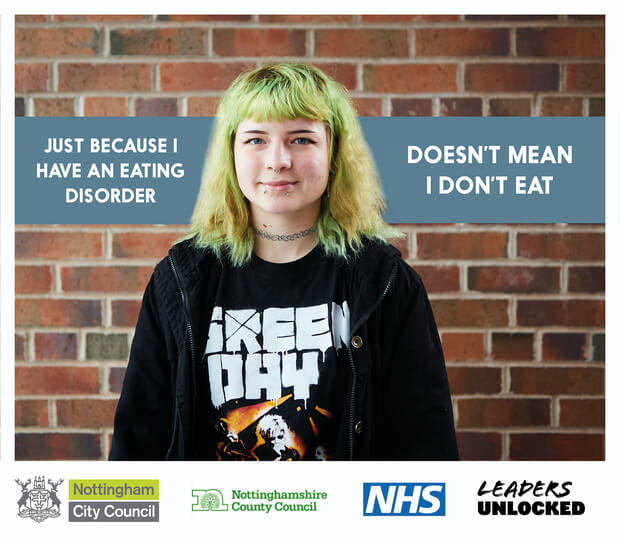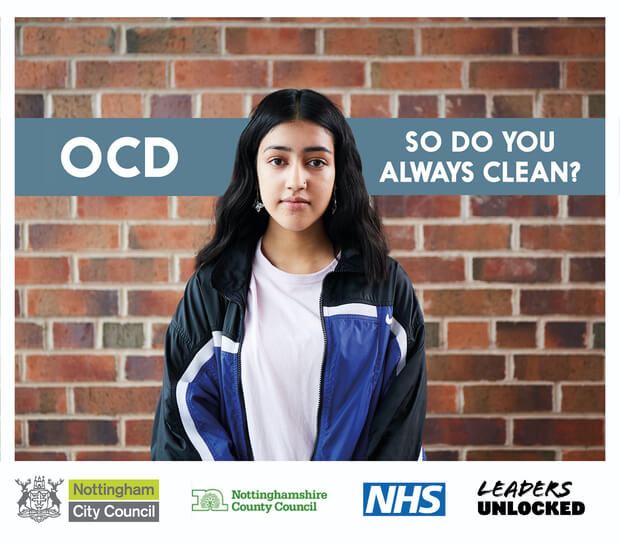What is body image?
Body image is our feelings about ourselves physically, how we believe others see us and overall happiness with our bodies. It involves how we view ourselves in relation to our size, shape, weight, height, and specific body parts. Body image isn’t just about weight, it can include feelings about:
- Societal standards of what is beautiful.
- Comparing ourselves with friends, siblings, peers, or celebrities
- Social media body ideals and filtered images
- Cultural ideals of beauty
- Hiding your body because you feel ashamed of it
- Feeling self-conscious due to acne, scars, birthmarks, stretchmarks
- Feeling ashamed or embarrassed about having a disability.
- Feeling as though your body does not match your gender or how you feel inside.
You might have heard of ‘body positivity’ which means loving your body for what it is, even if it isn’t perfect or doesn’t look what is considered beautiful by society. An example of body positivity is to look in the mirror and say out loud all the things you like about your body. You might say, "I love the way my arms look in this top," or, "While my tummy isn't flat or my legs might not be long, I still looks good."
You also might have heard of body neutrality. This is different to body positivity as it doesn’t mean always loving your body, but more about accepting it and not focusing on your physical appearance but more on what your body can do and its abilities. An example of this would be saying to yourself, “My body is great as I can go for a run and play with my friends,” or “My body is amazing as it gives me the ability to laugh with my friends.” Body neutrality is about celebrating what the human body can do rather than how it looks.
Both body positivity and neutrality can be useful ways of learning to love, accept and celebrate our bodies as they are.
Check out this video from the BBC:
Top tips if you’re struggling with body image
- Treat yourself with kindness and compassion, practice positive self-talk, gratitude and challenge negative thoughts with affirmations
- Limit your time on social media or follow people who represent the way you look
- Don’t compare yourself to images of celebrities or people online as they are often digitally altered or have had surgical procedures to achieve their look
- Focus on your strengths and achievements that aren’t linked to your body but to your character. Are you a good listener? Are you someone who people are at ease around? Do you make people belly laugh? Do you give the best hugs? Focus on what makes you special.
- Surround yourself with people that uplift you and make you feel good about yourself
- Talk to someone you trust. It could be a friend, siblings, parents or other family members. It could be a teacher, a close family friend or a trusted adult from a hobby or club you enjoy. Sometimes talking about your struggled with body image can help alleviate the burden and provide some fresh perspective.
If you feel unable to cope, or particularly worried about one part of your body, talk to your GP about how you’re feeling. They can listen, tell you about local services and support groups, or they may suggest specific treatment for the way you’re feeling.









You Are #NOTTALONE
Follow us on social media and continue the conversation